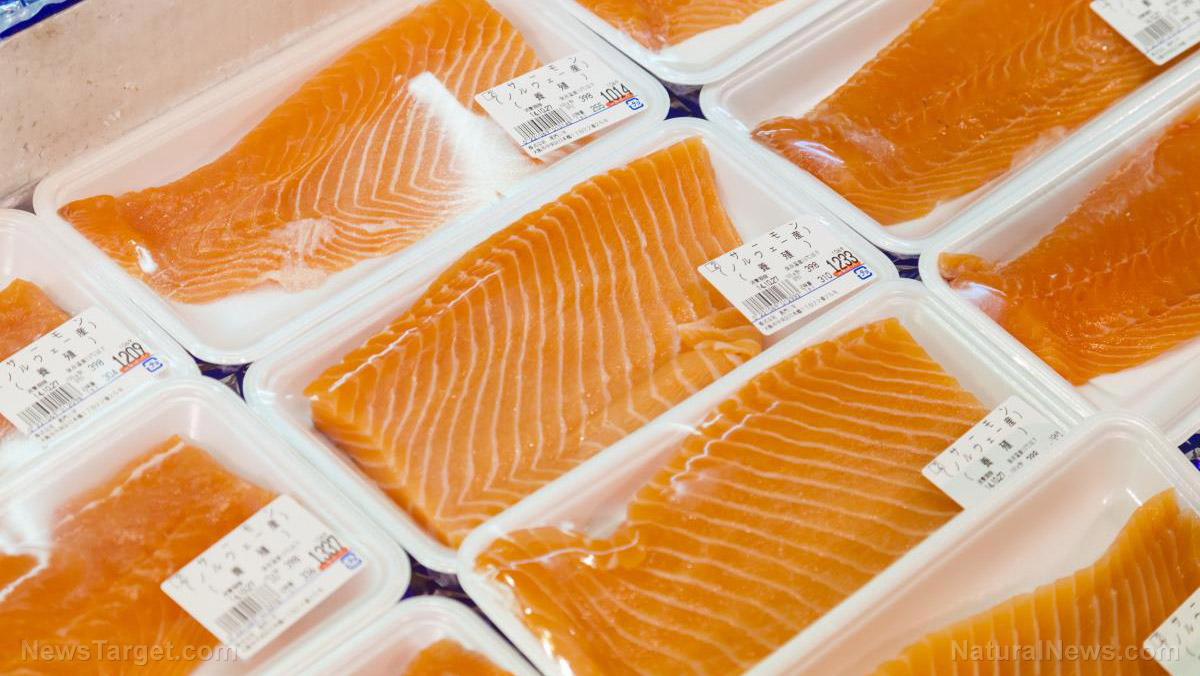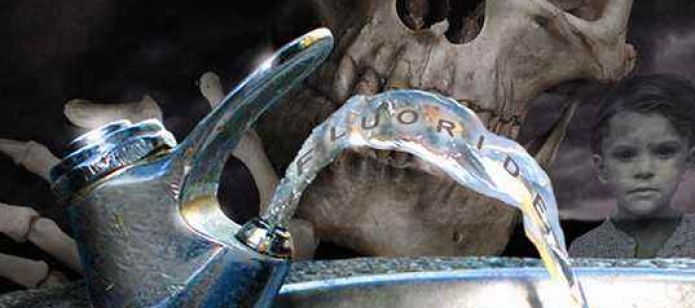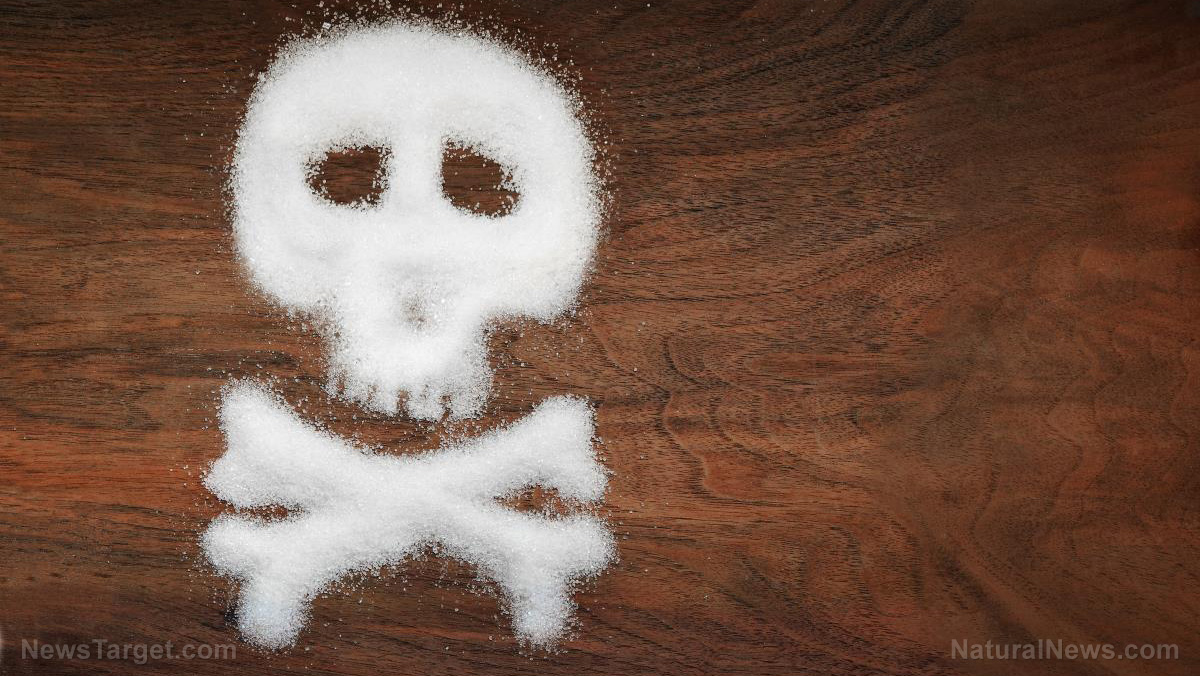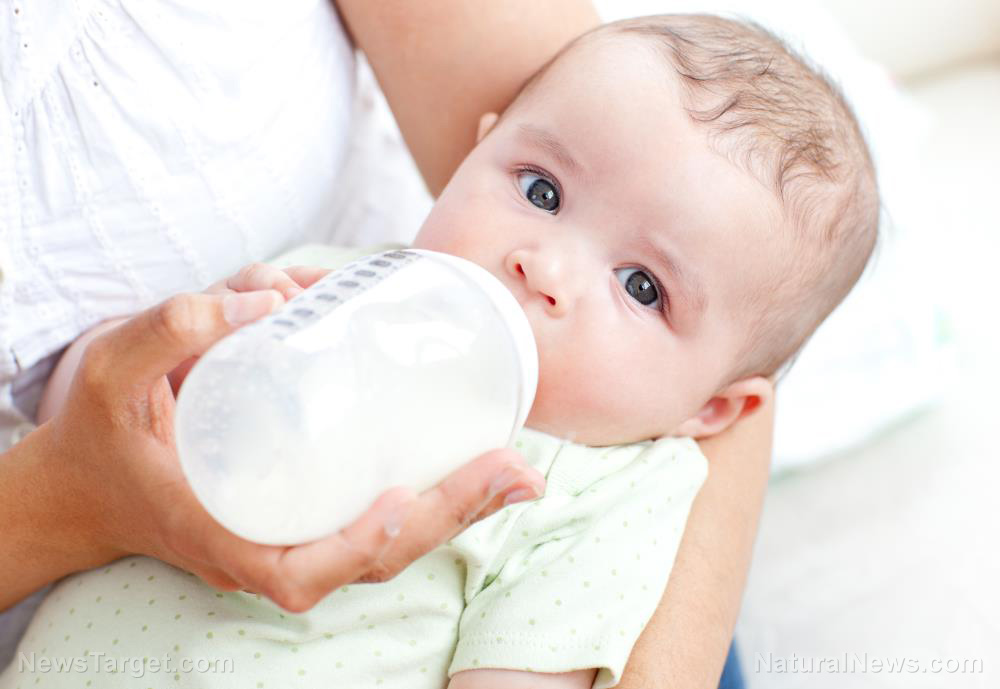STUDY: Energy drink consumption harmful for the developing bodies and brains of children
02/21/2024 / By Laura Harris

A new study by the scientific journal Public Health has found that consumption of energy drinks can cause a variety of adverse effects on the still-developing bodies and brains of children.
Researchers at Newcastle University and Teesside University in the United Kingdom analyzed 57 studies from 2016 to 2022, which covered over 1.2 million youth aged nine to 21 from more than 20 countries.
According to the study, energy drink consumption in children is linked to sensation-seeking, delinquency, poor sleep, low academic performance and a myriad of physical and mental health risks. These risks include an increased likelihood of suicide, psychological distress, attention deficit hyperactivity disorder symptoms, depression, panic, allergic diseases, insulin resistance, dental issues, elevated body mass indexes, abnormal heart rhythms and hypertension.
Moreover, the study highlighted a strong correlation between energy drinks and risky behaviors such as smoking, alcohol consumption, binge drinking and substance abuse tendencies. Boys were found to be more likely than girls to consume higher quantities of energy drinks.
Amelia Lake, the lead author of a study and a professor of Public Health Nutrition from Fuse, the Center for Translational Research in Public Health at Teesside, warned the public in a press statement regarding energy drink consumption by children.
“Energy drinks are marketed to children and young people as a way to improve energy and performance, but our findings suggest that they are actually doing more harm than good,” she said.
A 2022 scientific review at the peer-reviewed journal Reviews in Cardiovascular Medicine associates energy drinks with fatal cardiovascular outcomes, including arrhythmias, heart attacks and sudden death. The large quantities of caffeine, taurine and sugars found in these drinks may lead to increased heart rate, blood pressure and heart contraction. (Related: Energy drinks found to be shockingly toxic to the human heart.)
The researchers did not specify particular brands or even quantify the health risks compared to non-drinkers, but they warned the public against the harmful effects of caffeine and sugar combinations based on observation.
“A plausible mechanism for the health and behavioral effects of [energy drinks] has been attributed to caffeine,” they wrote.
Health experts warn about potential risks associated with energy drink consumption
Health experts, including biochemist Barry Sears and cardiologist Jack Wolfson, also warned the public about the potential risks associated with energy drink consumption. Sears, the creator of the “zone diet,” highlights the dangers posed by the high levels of carbohydrates and caffeine typically found in these beverages.
“Opting for drinks that help maintain stable blood sugar levels, such as lactose-free milk, is a safer choice,” advised Sears.
Meanwhile, Wolfson, a board-certified cardiologist and author, talked about the dangers of caffeine and sugar content in most energy drinks for children’s long-term health.
He emphasized that children should not be consuming significant amounts of caffeine, as it raises heart rate and blood pressure, increases diabetes risk and affects the brain and immune system.
“A sip of organic coffee or green tea is not a problem, but caffeinated sodas certainly are. Sugar is poison. Children die suddenly from these drinks, and the damages in the long run will be proven to be catastrophic.”
Visit Products.news for more stories like this.
Watch the video below to learn more about the dangers of drinking soda and consuming processed food.
This video is from the Truth or Consequences channel on Brighteon.com.
More related stories:
It only takes one: Drinking at least one sugary drink a day increases your cancer risk.
Juices, soft drinks found to contain trace levels of toxic metals: INVESTIGATION.
GULP! Study reveals DANGEROUS levels of heavy metals in many US beverages.
Sources include:
Submit a correction >>
Tagged Under:
artificial sweeteners, beverages, chronic kidney disease, diet sodas, fast food, food science, franken food, grocery, health science, kidney disease, kidney health, products, research, sodas, sweeteners, toxic ingredients
This article may contain statements that reflect the opinion of the author
RECENT NEWS & ARTICLES
StopEatingPoison.com is a fact-based public education website published by Stop Eating Poison Features, LLC.
All content copyright © 2018 by Stop Eating Poison Features, LLC.
Contact Us with Tips or Corrections
All trademarks, registered trademarks and servicemarks mentioned on this site are the property of their respective owners.




















